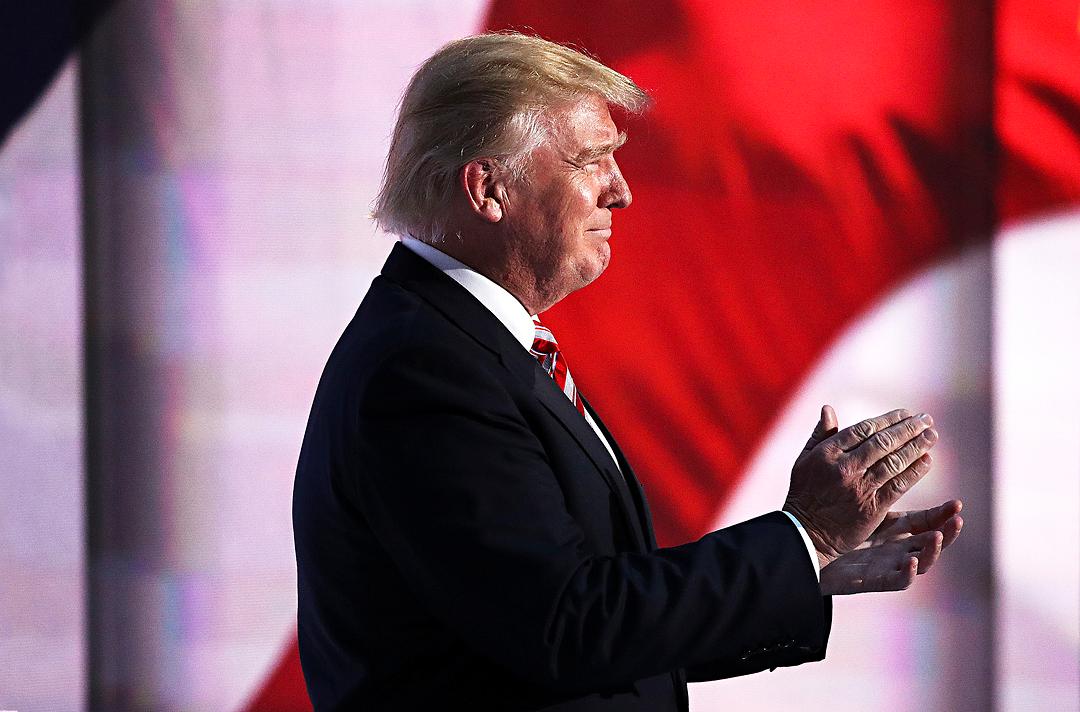Both Democrats and Republicans have agreed: This was the most important election of our lifetime. With the selection of Donald J. Trump as the 45th president of the United States, what can we now expect to change?
Trump has promised to restore faith in our republic among citizens who had begun to give up on it, while rolling back efforts made by the previous administration to transform the way the United States is governed.





